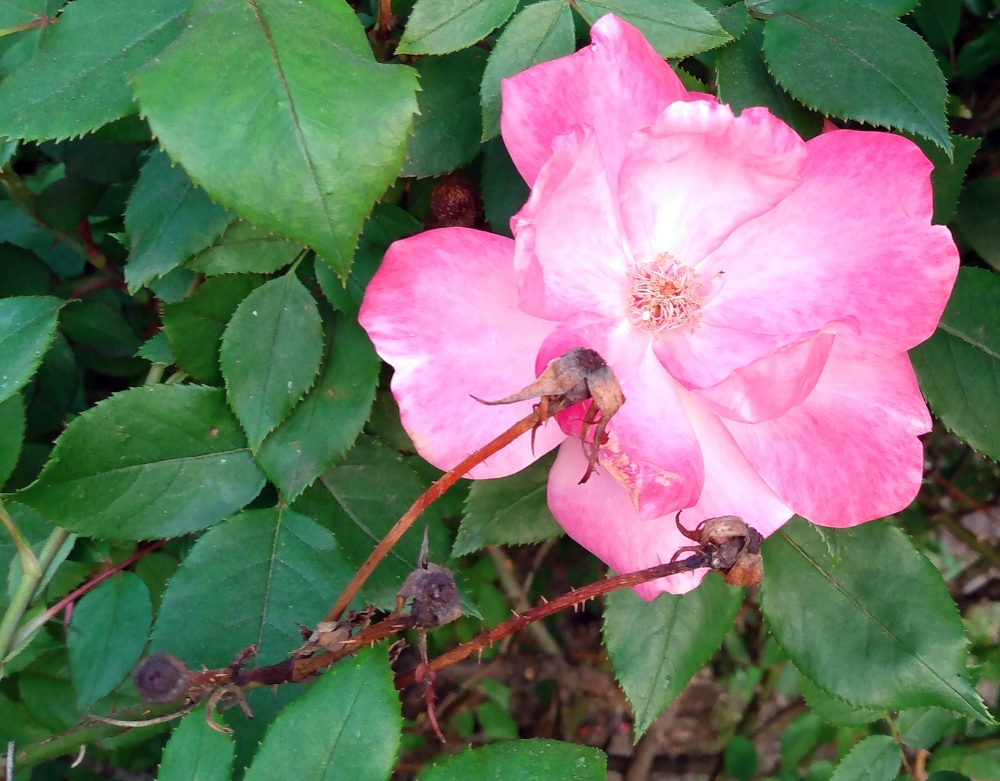“’Tis very odd that poets should suppose / There is no poetry about a nose.” So began Sonnet About A Nosein the November 28, 1840 edition of The Irish Penny Journal, available today on Project Gutenberg. Were any nineteenth century poets laboring under the misapprehension that the nose lacked a certain poetic sensibility, an anonymous poet at the Irish Penny Journal set his or her pen to the task of disabusing said poets of their errors. Below, I present Sonnet About A Nose in its entirety, as it appeared in the 1840 magazine. (You could say that our re-printing is on the nose.)
“Sonnet About A Nose” (Irish Penny Journal, 1840)
'Tis very odd that poets should suppose There is no poetry about a nose, When plan as is the nose upon your face, A noseless face would lack poetic grace. Noses have sympathy, a lover knows Noses are always "touched," when lips are kissing; And who would care to kiss, where nose was missing? Why, what would be the fragrance of a rose, And where would be our mortal means of telling Whether a vile or wholesome odour flows Around us, if we owned no sense of smelling? I know a nose, a nose no other knows, 'Neath starry skies, o'er ruby lips it grows; Beauty is in its form, and music in its blows!
On the Nose Conclusion

The poet has a point. Even specious arguments may have merit. The nose is important for appreciating more obviously poetic things, like this flower I photographed at a triangle on Hamilton Avenue (near the site of a certain bench). There is no doubt that noses are present for confessions and (squirrel) kisses. I must confess, however, that I have never heard a melody when blowing my nose.